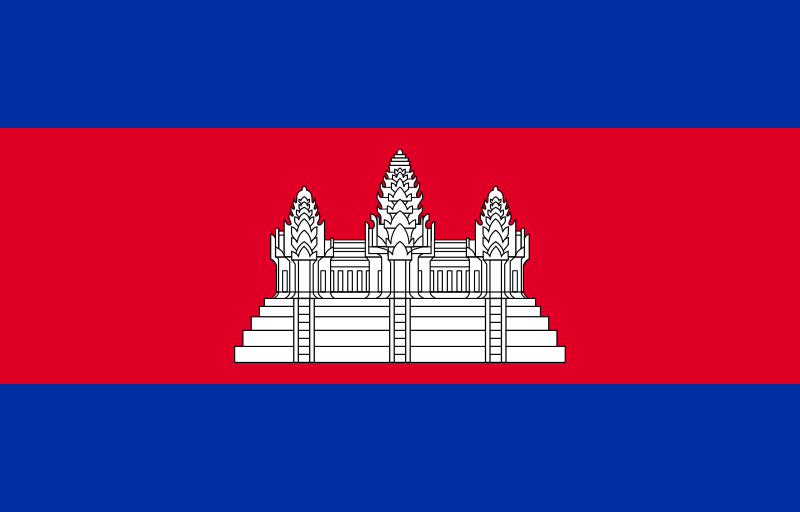Issue Description
Garments accounted for 11% of GDP and contributed around 50% of Cambodia’s real GDP growth in 2021. Though not operating at full capacity, these high figures demonstrate that the sector has managed to weather the COVID-19 pandemic relatively well compared to other sectors.
The development strategy for the Garment Footwear and Travel Goods Sector from 2022-2027 indicates that the Royal Government of Cambodia (RGC) continues to see the sector as playing a vital role in the country’s overall development and export strategy for the foreseeable future. Yet, in order to maintain positive performance rates, it is crucial that policymakers, sector stakeholders and the wider public have access to reliable, publicly shared data on key aspects, such as trends, export-import values, sustainable best practices, labour productivity, working conditions and so on.
While some data is publicly available, there are concerns about the accuracy and completeness of the information that is reported. The RGC and Non-governmental organisations (NGOs) have been collecting data on the garment sector, particularly in relation to labour productivity, labour conditions and workers’ rights. However, there have been concerns about the accuracy, incompleteness and transparency of some of this data.
Impact on business
Poor data transparency in the garment sector of Cambodia could have a negative impact on the sustainable growth of the industry, as it could undermine the trust of customers and investors in the sector’s practices. Without clear and consistent data on the sector’s sustainability progress, there is a risk that buyers and investors will look elsewhere for suppliers who can provide more reliable and transparent information. This could lead to a loss of market share for Cambodian garment companies and a reduction in their competitiveness.
Furthermore, without reliable data on the industry’s sustainability practices, it could be difficult for the government and other stakeholders to monitor and enforce labour and environmental standards effectively. This could result in a negative impact on workers’ rights and the environment, undermining the long-term sustainability of the industry.
Therefore, it is crucial for the garment sector in Cambodia to prioritise data transparency and sustainability practices to maintain its competitive advantage and position as a major economic growth pillar in the country.
Recommendation
- Promote better data sharing practices in the industry.
We therefore respectfully put forward recommendations for the Royal Government of Cambodia to promote data sharing practices in Cambodia’s garment sector:
- Enhance Data Collection and Reporting: establish a centralised and comprehensive system for collecting, analysing, and reporting data related to the garment sector. This system should capture key information such as:
- export-import values;
- sustainability indicators such as employment and labour condition information, including but not limited to: fair wages and benefits, occupational health and safety, working hours and work-life balance, gender equality, freedom of association, support for education and skill development, responsible sourcing practices, effectiveness of grievance mechanisms;
- environmental impact information, including but not limited to: energy consumption and greenhouse gas emissions, water usage, waste management, resource efficiency and biodiversity conservation.
- Invest in training and capacity-building initiatives for garment sector stakeholders. This includes targeted programmes addressed to factory owners, managers, and workers on sustainable manufacturing practices, data collection methods, and reporting standards. Building awareness and skills in sustainability will empower stakeholders to implement and monitor sustainable practices effectively;
- Encourage collaboration and information-sharing among companies in the sector, to promote best practices and facilitate the exchange of information on sustainability initiatives;
- Provide incentives and recognition for companies that demonstrate leadership in sustainability and transparency, such as awards or certification programmes;
- Encourage dialogue and engagement with stakeholders, including customers, investors, and civil society organisations, to better understand their expectations and priorities around sustainability and transparency in the sector.
Royal government of Cambodia
Initiative from Eurocham: The issue has been raised by the Garment & Manufacturing Committee within The White Book edition 2024 in the Recommendation No. 40.

National Counterparts

[Person’s Name]
Ministry Name

